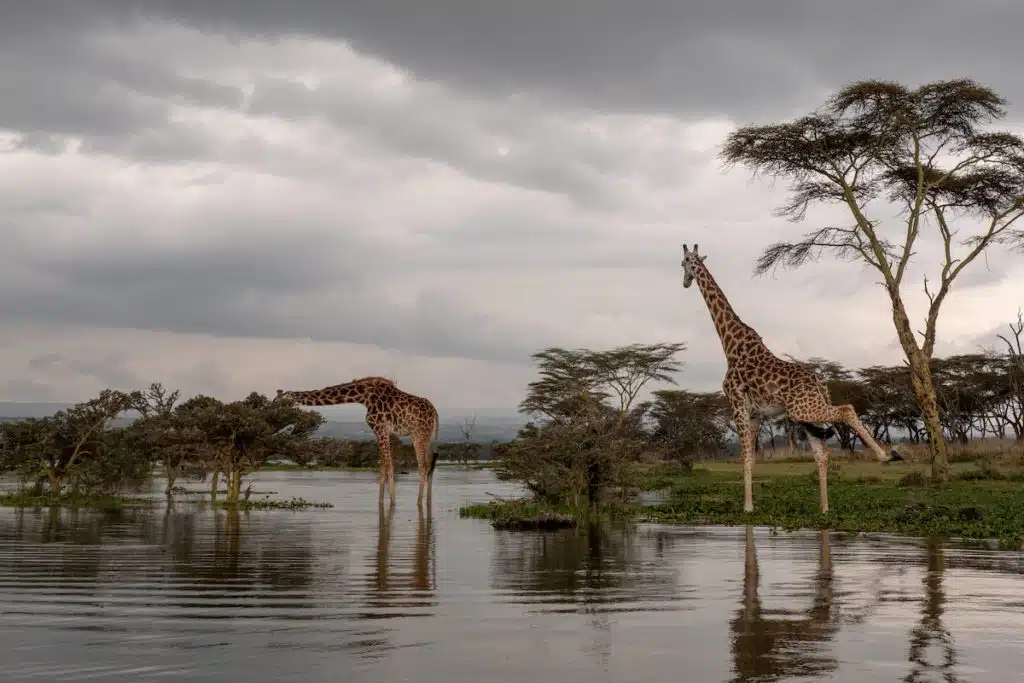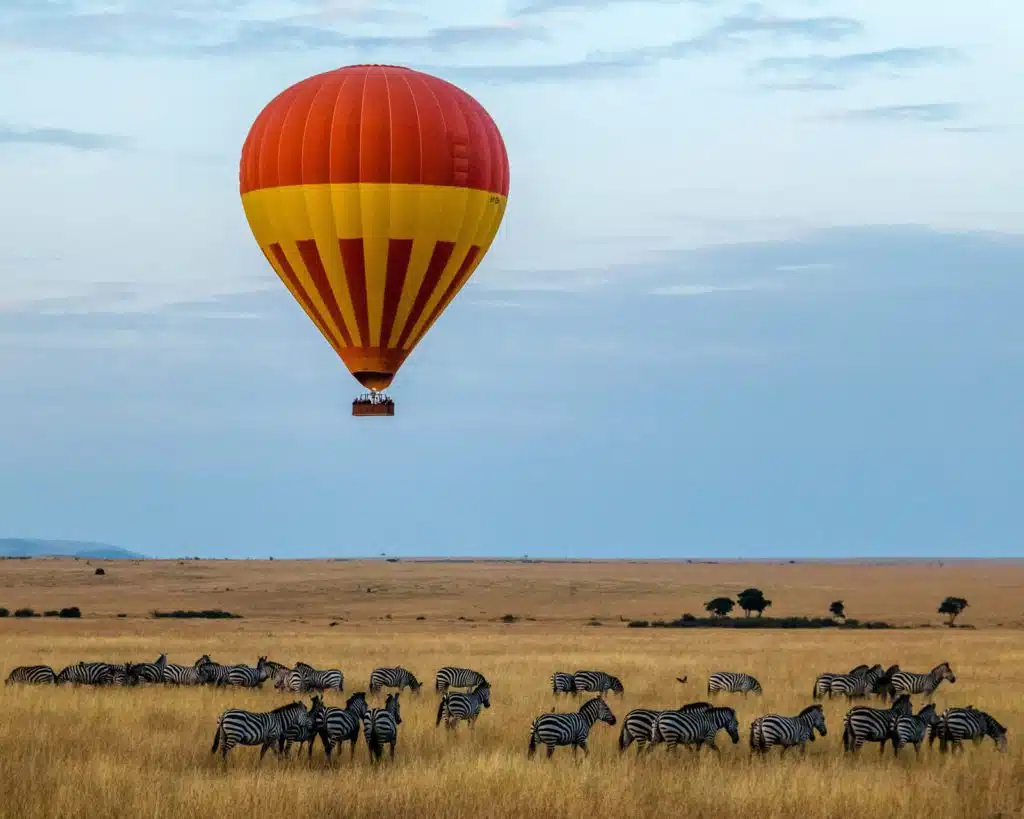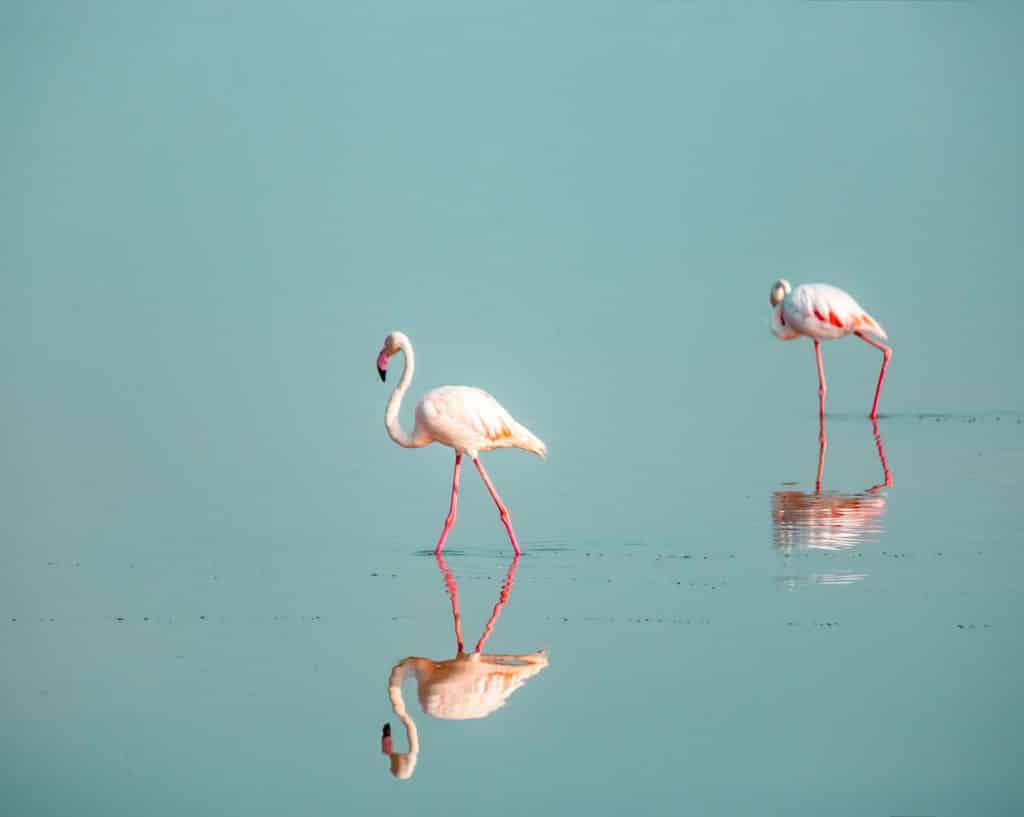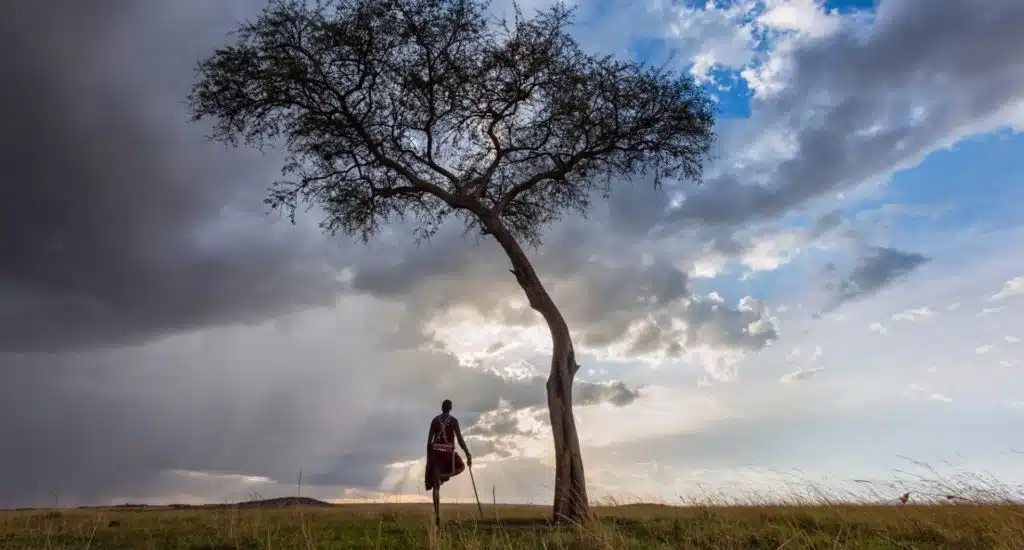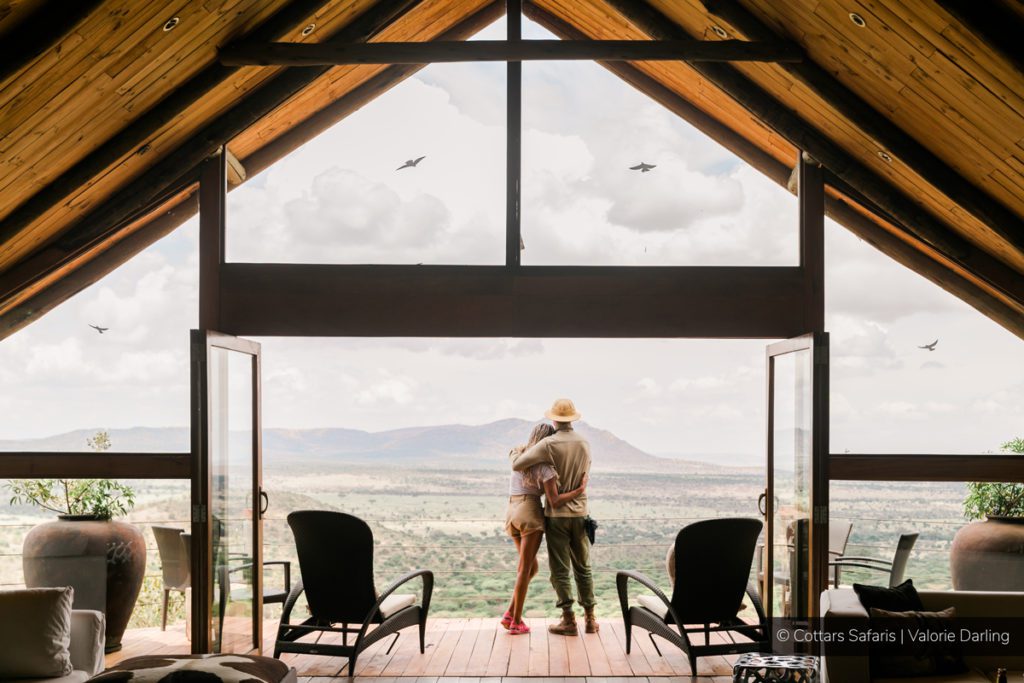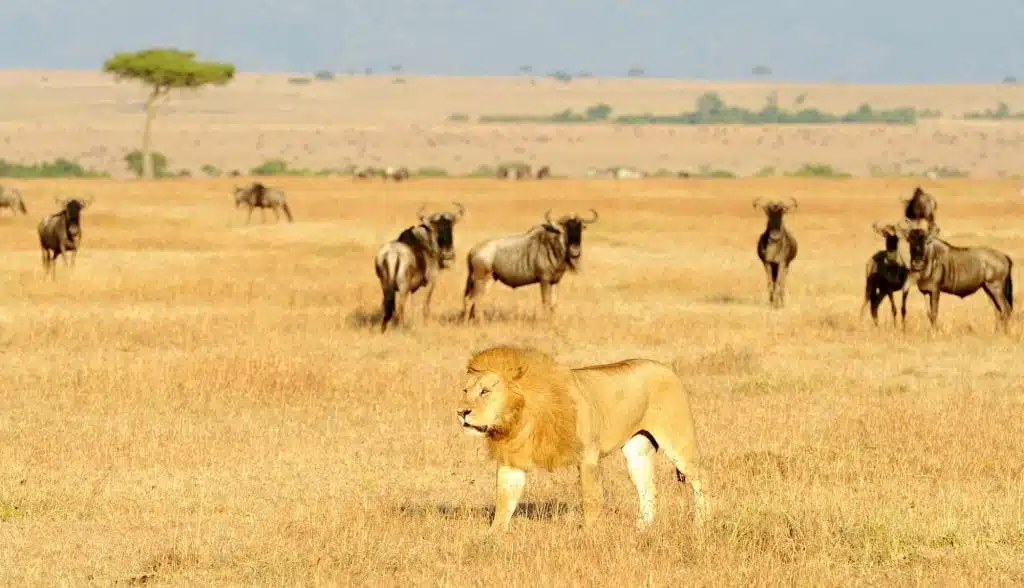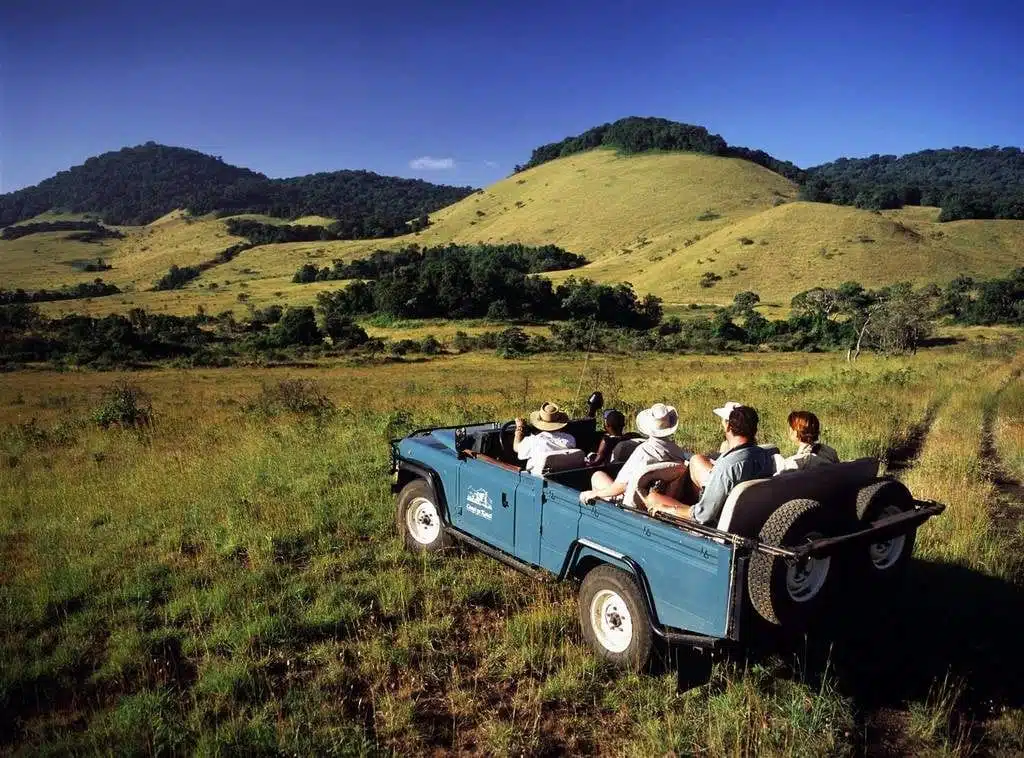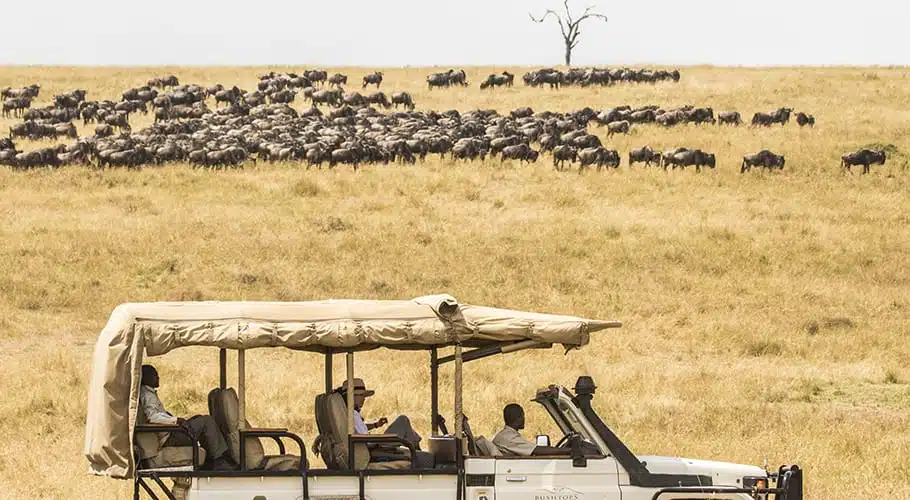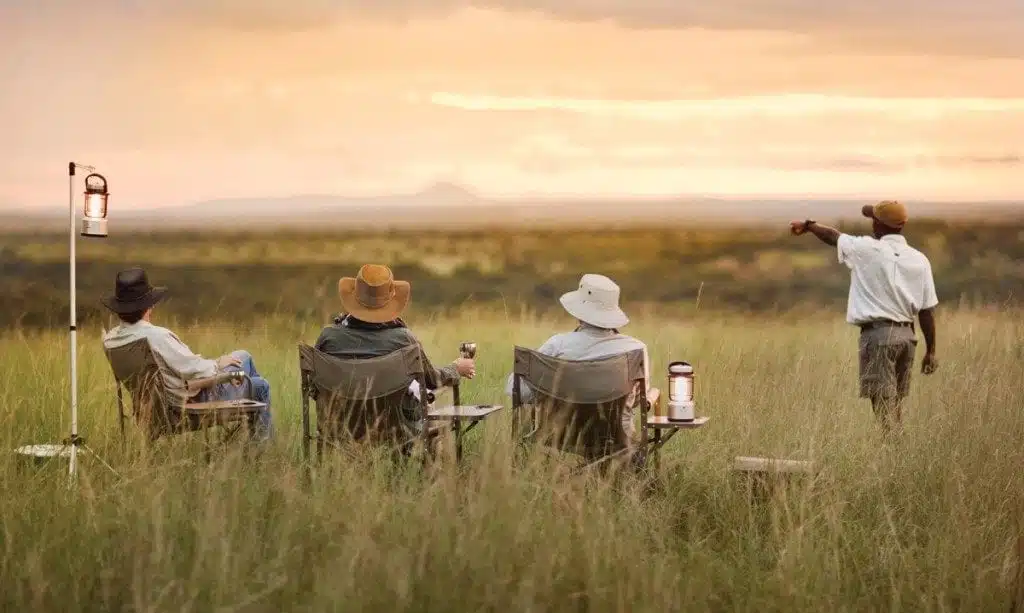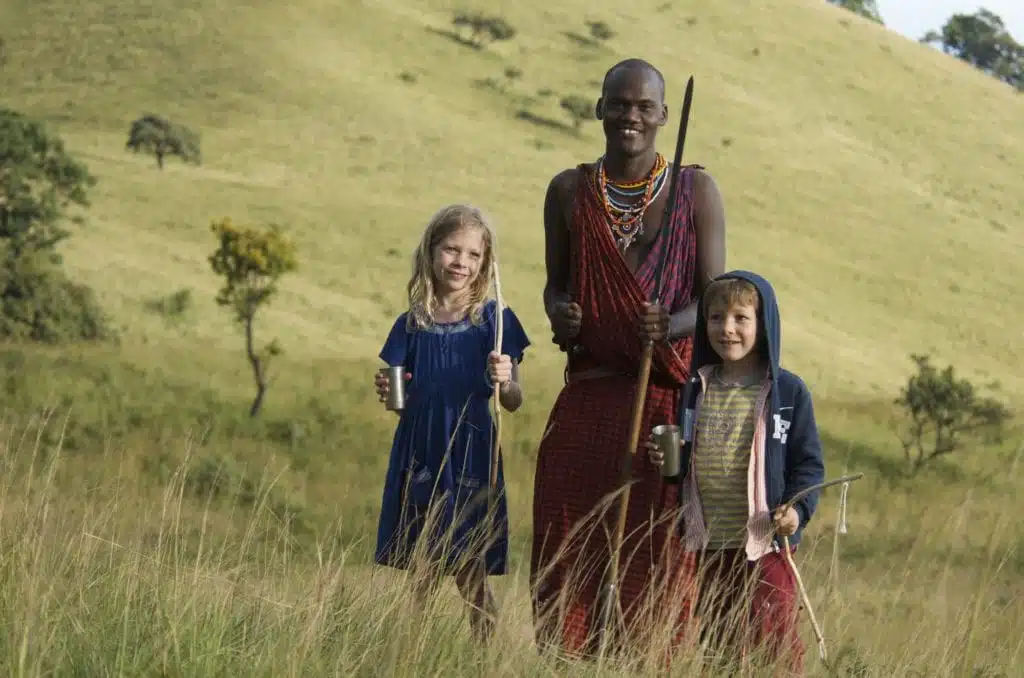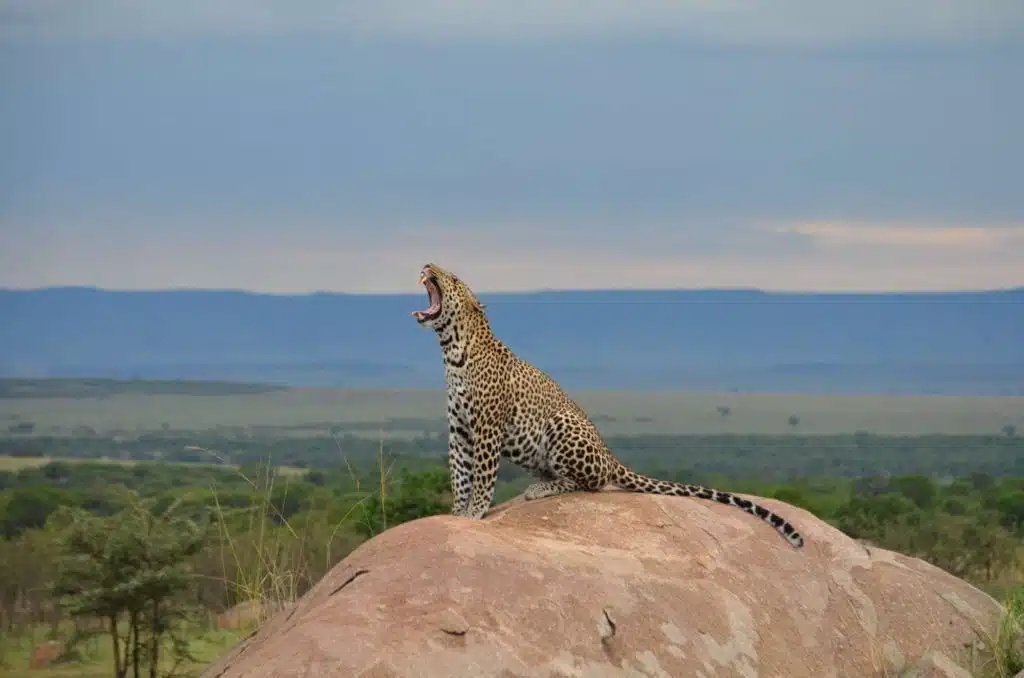HOW LONG SHOULD I SPEND IN KENYA?
We advise spending at least a weekon a luxury Kenya safari to take advantage of the myriad opportunities available from bush to beach and mountain to valley.
To truly immerse yourself in this wonderful nation, it is highly worthwhile spending at least a long weekend each in one or two of the many more remote camps and lodges available.
WHEN IS THE BEST TIME TO VISIT KENYA?
It is advisable not to visit between late March and May, being the height of the wet season with the rains somewhat relentless. November is also wet and worth avoiding, though only for a few weeks. Temperatures remain comparatively consistent throughout the year.
Kenya is recognized as one of the very best destinations for game viewing. That being the case, you will be in the primed destination to witness many of Africa’s most iconic animals. Two times in particular are worth noting: the Great Migration – taking place between July and September – and November to January to enjoy the cute and cuddly newborns gambolling across the plains.
WHAT CAN I EXPECT FROM ACCOMMODATION IN KENYA?
Kenya offers some of Africa’s premier accommodation options within the cities of Nairobi and Mombasa, but also in some more remote areas. You can easily day-trip from your hotel for some thoroughly enjoyable, though less immersive, experiences. Kenya has a highly respected culinary reputation and you will not be disappointed. Fine dining can be found in many of the more populous areas, while camps and lodges boast exceptionally talented chefs to cater to any palate, with Western dishes, world cuisine and local specialities all on offer. Kenya is one of the most tourist-appropriate destinations in Africa and as such is well equipped for visitors throughout every aspect of your journey.
OTHER DETAILS:
Visas are required for visitors and inoculations are recommended. We suggest you contact your travel designer or a travel medicine specialist for advice.
Swahili is the national language of Kenya and you may well recognize some now-famous phrases, such as the Lion King song ‘Hakuna Matata’, which really does mean ‘no worries’ (or more directly translated, ‘no troubles’). That said, English is widely spoken. If you plan to shop at any markets, a few courteous words of Swahili (such as jambo ndugu rafiki, or ‘hello good friend’) will save you a few shillings – the national currency.
Kenyan shillings may not be taken from the country, so budget well or donate your remaining currency to charity or offer as tip.

